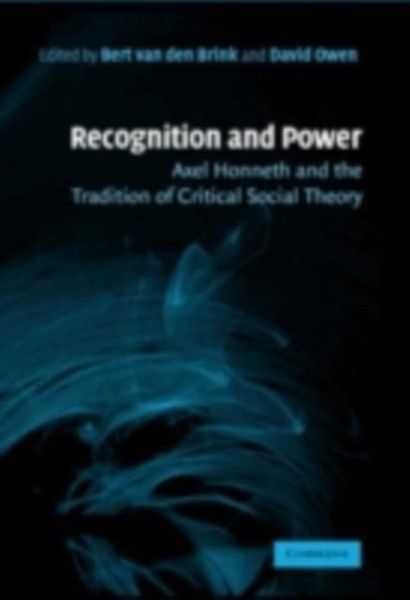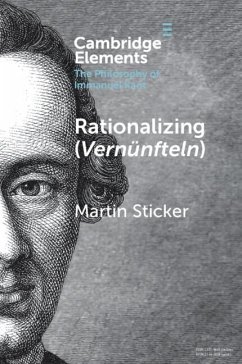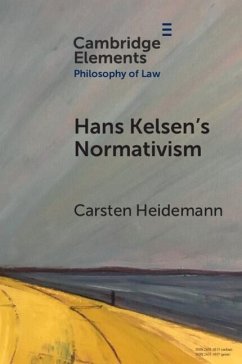
Recognition and Power (eBook, PDF)
Axel Honneth and the Tradition of Critical Social Theory
Versandkostenfrei!
Sofort per Download lieferbar
37,95 €
inkl. MwSt.
Weitere Ausgaben:

PAYBACK Punkte
19 °P sammeln!
The topic of recognition has come to occupy a central place in debates in social and political theory. Developed by George Herbert Mead and Charles Taylor, it has been given expression in the program for Critical Theory developed by Axel Honneth in his book The Struggle for Recognition. Honneth's research program offers an empirically insightful way of reflecting on emancipatory struggles for greater justice and a powerful theoretical tool for generating a conception of justice and the good that enables the normative evaluation of such struggles. This 2007 volume offers a critical clarificatio...
The topic of recognition has come to occupy a central place in debates in social and political theory. Developed by George Herbert Mead and Charles Taylor, it has been given expression in the program for Critical Theory developed by Axel Honneth in his book The Struggle for Recognition. Honneth's research program offers an empirically insightful way of reflecting on emancipatory struggles for greater justice and a powerful theoretical tool for generating a conception of justice and the good that enables the normative evaluation of such struggles. This 2007 volume offers a critical clarification and evaluation of this research program, particularly its relationship to the other major development in critical social and political theory; namely, the focus on power as formative of practical identities (or forms of subjectivity) proposed by Michel Foucault and developed by theorists such as Judith Butler, James Tully, and Iris Marion Young.
Dieser Download kann aus rechtlichen Gründen nur mit Rechnungsadresse in A, B, BG, CY, CZ, D, DK, EW, E, FIN, F, GR, HR, H, IRL, I, LT, L, LR, M, NL, PL, P, R, S, SLO, SK ausgeliefert werden.













